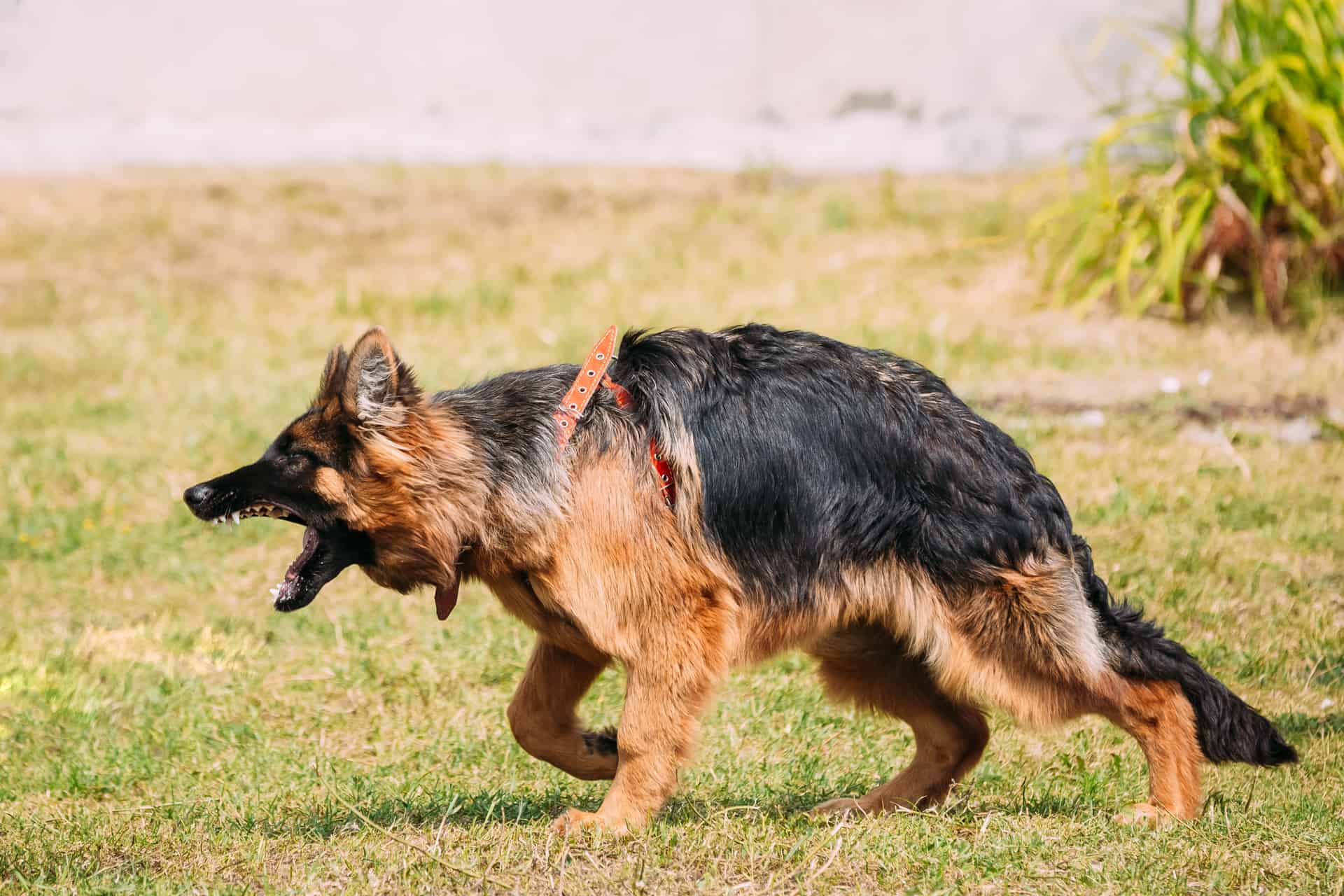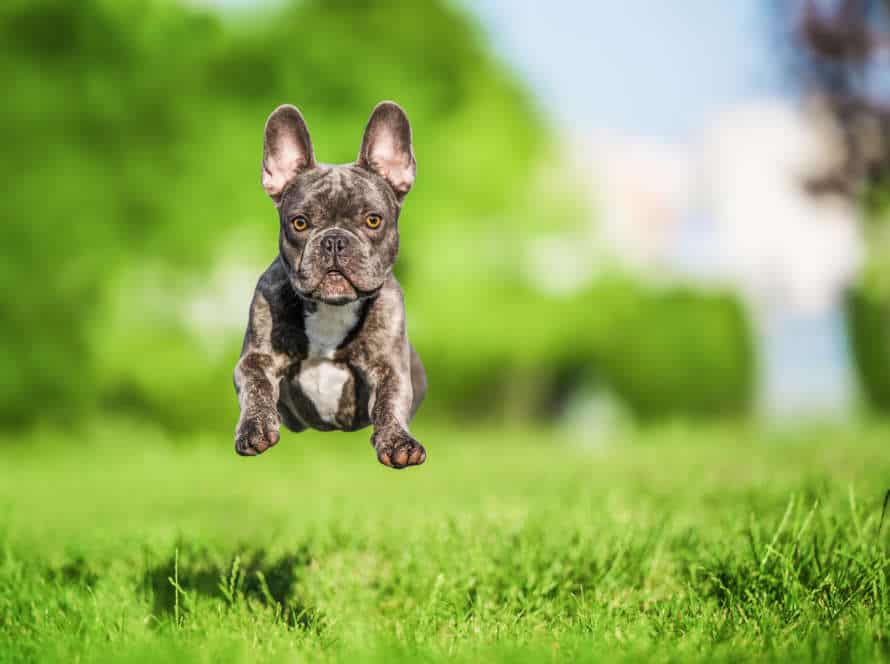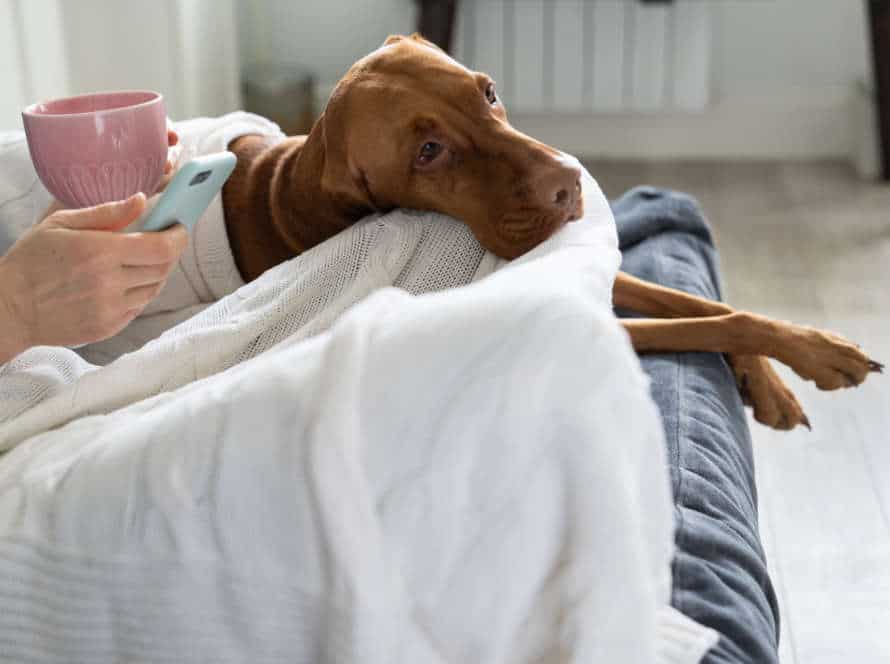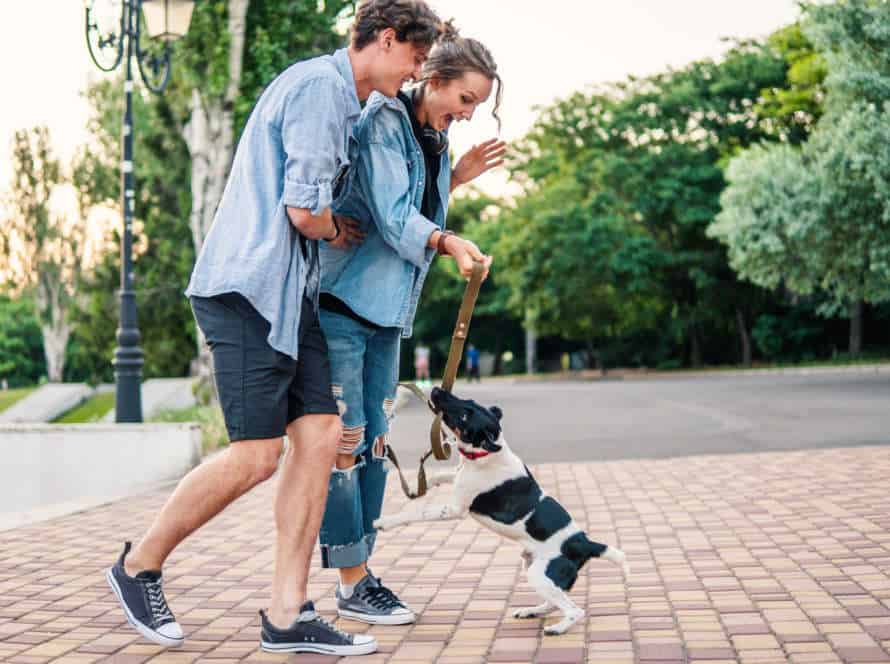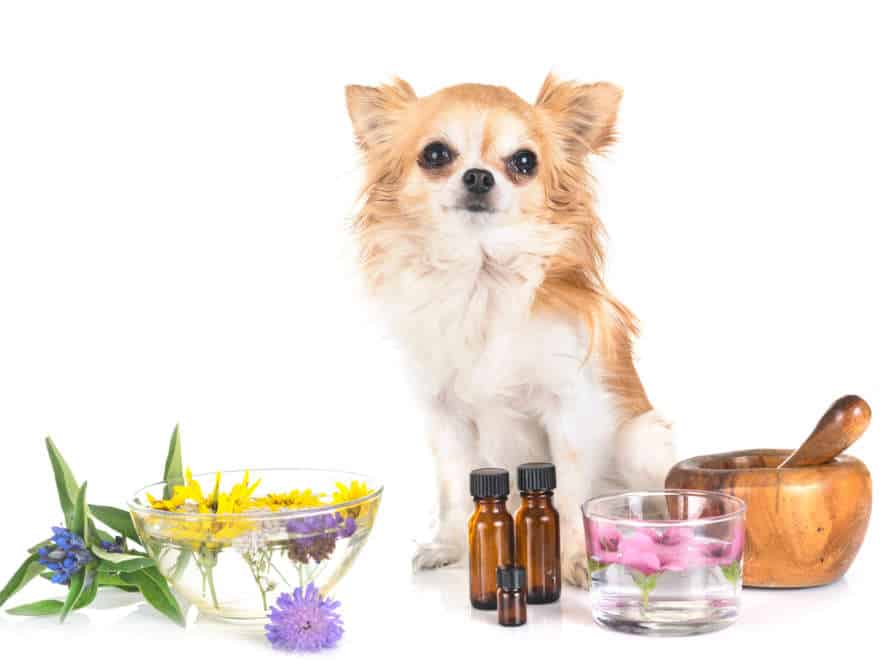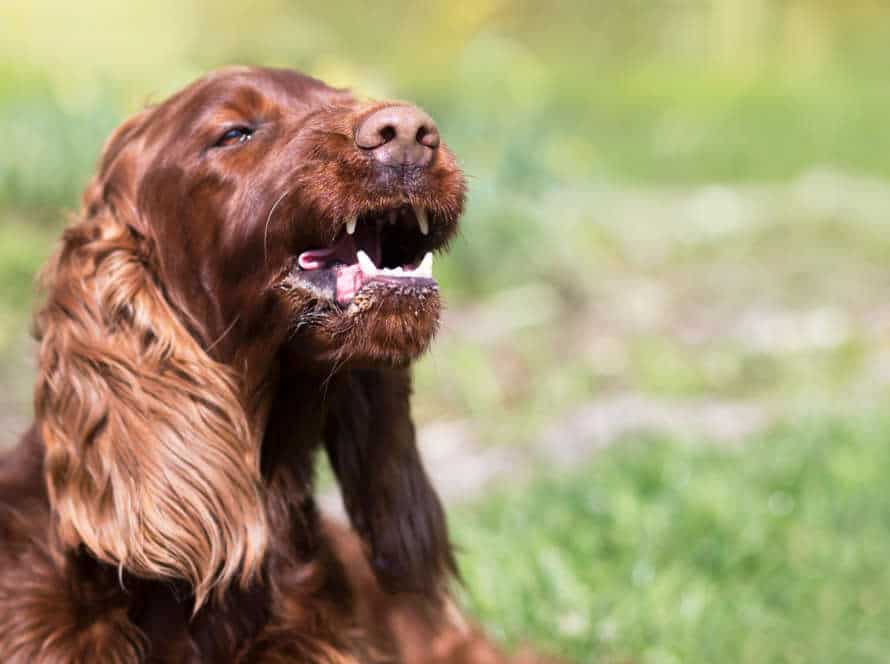Helping Your Adult Dog Overcome Aggressive Behavior
Aggressive behavior in adult dogs is a serious issue that needs to be taken care of quickly. Keep people and other animals safe! Here are some tips to help your adult dog:
- Identify what triggers the aggression. Observe and take notes – like people, other dogs, or specific situations.
- Rewarding good behavior is key. Praise, treats, and toys are great incentives.
- Desensitize them to the triggers. Gradually expose your dog in a controlled environment – like a professional trainer or class.
- Be consistent. No rewarding or reinforcing aggression.
- Patience is important. Don’t give up if there are no immediate results.
- Professional help is an option. If you’re unsure how to proceed, ask a vet or a trainer.
Pro tip: A safe and controlled environment is essential when training an aggressive dog. Do not punish or harm them – you’ll make it worse.
Understanding Aggression in Dogs
Dealing with aggression in dogs is tricky. But, remember it’s usually due to fear or frustration. Knowing why your dog is aggressive helps you choose the best way to manage it.
Let us explore the different kinds of aggression in adult dogs.
Types of Dog Aggression
Dogs can display various types of aggression, from mild to severe. Knowing the various types can help you respond better. Here are some:
- Fear aggression: Dogs act aggressively when they feel threatened to protect themselves or their territory.
- Territorial aggression: They become protective of their home and react aggressively when their space is invaded.
- Protective aggression: They guard their owners, family, or other animals they think of as theirs.
- Possessive aggression: They guard their food, toys, or any other item they consider theirs and can get aggressive if they think someone is taking it away.
- Redirected aggression: They try to attack one thing, but a distraction causes them to attack something else.
Identifying the type of aggression can help you choose suitable training techniques and make wise decisions about your dog’s behaviour.
Causes of Dog Aggression
Dog aggression can have many reasons. These include fear, territory, lack of socialization and medical issues.
Fear-based aggression happens when a pup had a bad experience, like abuse or being hit.
Territorial aggression is when a pup is protective of their area and reacts to intruders.
Lack of socialization leads to fear and aggression towards people and dogs they do not know.
Medical issues can make dogs more irritable or aggressive.
To help your pup, you must know the cause of their aggression. If needed, talk to a professional dog trainer or behaviorist. They can create a treatment plan for your pup.
Recognizing Signs of Aggression
Aggression in dogs can be worrying and dangerous. Spotting early signs can help prevent incidents and keep dogs and owners safe.
- Growling? A sign your pup is uncomfortable.
- Snapping? A warning before biting.
- Stiff body? Muscles tensed, tail erect? Aggression.
- Avoidance? Some dogs may flee or freeze, while others may fight.
Pro Tip: Socialize and train your pup! If aggression’s already there, find a pro to manage it.
Managing Aggressive Behaviors
Handling an adult pooch that is aggressive can be hard. If not dealt with gently, it can become hazardous! All doggies have the propensity to act aggressively, but with a bit of perseverance and knowledge of the root cause, this type of behavior can be managed. Here are some tips for controlling aggression in adult dogs:
Safe Handling Techniques for Aggressive Dogs
Managing an aggressive pup can be difficult and hazardous. Here are some secure handling strategies to control hostile behaviors and protect yourself, or others, while helping your adult dog conquer aggression:
- When the dog is barking, growling, or looks worked up, don’t go near it.
- Be cautious when petting, or dealing with, your pooch; particularly in areas that may spark aggressive behavior.
- Take advantage of a strong, fitting collar or harness when going for a walk, or restraining the dog.
- Use positive reinforcement training techniques to encourage good conduct and dodge punishment which can intensify aggressive tendencies.
- Reach out to a certified dog trainer or behaviorist who can offer specialized direction and support in avoiding triggers, tackling the root of the aggression and improving your pup’s behavior.
Pro Tip: Always prioritize your safety and the safety of others when dealing with an aggressive dog. Search for expert help as soon as possible to address the issue and avert risky scenarios.
Positive Reinforcement Training for Aggressive Dogs
Positive reinforcement training is a great way to manage aggressive behaviors in adult dogs. Reward good behavior instead of punishing bad behavior. This can lower stress and anxiety for both you and your pet.
Here are some tips when using positive reinforcement for an aggressive dog:
- Find out triggers that make your dog aggressive, such as loud noises, unknown people, or other dogs.
- Use treats and praise to reward good behavior, like sitting or keeping calm when confronted with a trigger. Be consistent with your reward and often reinforce the behavior.
- Don’t punish or scold your dog if they act aggressively, this will only make it worse and increase their anxiety.
- Think about talking to a professional trainer or behaviorist and make a personalized training plan to tackle your dog’s specific aggressive behaviors.
Structured Exercise and Playtime
Structured Exercise and Playtime is essential for adults dogs with aggressive behaviors. Dogs need an outlet for their energy and need to play and exercise in a structured environment for their physical and emotional health.
Benefits of exercising and playing with your pup include:
- Releasing stored energy, leading to less aggression.
- Mental stimulation, which curbs destructive behavior.
- Training opportunities to practice positive reinforcement.
Ensure exercise and play are structured and supervised for everyone’s safety. Get a professional dog trainer to help create a suitable routine for you and your pup!
Seeking Professional Help
Struggling with an adult dog’s aggression? Professional help is the best way. Consult an experienced dog trainer for help tackling aggressive behavior. Guidance and advice will help you create a positive training environment. Plus, they can offer positive reinforcement to teach your pup how to behave correctly.
When to Seek Professional Help
Aggressive behavior in adult dogs? Serious problem! Professional help needed. Seek help from certified dog trainer or veterinary behaviorist. This can help your dog.
Signs of aggression?
- Growling, barking, snapping regularly?
- Fear or anxiety toward certain people, objects, or situations?
- Becoming territorial or possessive?
- Aggression during activities such as feeding, grooming, or playtime?
A professional can help identify causes of aggression. Create a personalized training plan to fix the behavior. Early intervention is key. Prevent behavior from escalating. Keep your dog and others safe.
Pro tip: Choose qualified and certified professional to solve your dog’s aggressive behavior.
Choosing a Dog Trainer or Behaviorist
Choosing the right dog trainer or behaviorist can make a huge difference in helping your adult dog. Here are some things to consider:
- Credentials: Look for certification from an organization such as CCPDT or IAABC.
- Methods: Make sure they use positive reinforcement, not punishment. Punishment can worsen issues and affect your relationship with your pup.
- Experience: Choose someone who has experience with dogs similar to yours and their behavioral issues.
- Communication: Look for someone who communicates well and listens to your concerns. They should be ready to coordinate with you to create a plan for your pup.
- Pro tip: Before enrolling, ask for a consultation. This will give you a feel for the approach and if you’re comfortable working with them.
Medications for Aggressive Dogs
If your adult dog behaves aggressively, it’s best to get professional help. A vet behaviorist can examine the dog and make a plan that includes medicines and behavior changing techniques. Here are some common meds for aggressive dogs:
- Fluoxetine – an antidepressant that helps reduce anxiety and aggression.
- Clomipramine – another antidepressant that reduces fear and aggression.
- Propranolol – a beta blocker that helps reduce physical signs of anxiety like a high heart rate and panting.
- Diazepam – a tranquilizer that can reduce anxiety and aggression, but it’s not meant for long-term use.
It’s important to talk to a vet before giving any medication to your dog. Incorrect dosage or administration can cause bad side-effects.
Preventing Aggressive Behaviors
Preventing aggressive behaviors in adult dogs is key. Training can help your pup identify triggers and stay calm in stressful times. Patience and consistency will help your grown dog learn better habits and behaviors. To understand the problem, let’s look at how to prevent aggressiveness in adult dogs.
Socialization and Exposure to Different Situations
Socializing and showing your adult dog various scenarios is essential to avoid, and even cure, hostile behaviors. Here’s how you can do it:
- Introduce them to many people and other animals from when they’re young.
- Take them to different places, like parks, stores, and busy streets.
- Help them get used to new sounds, odors, and textures.
- Teach them the basics such as ‘sit’, ‘stay’, and ‘come’, to give them a sense of security and self-assurance.
- Work with a professional dog trainer or animal behaviorist to remove aggressive behaviors using positive reinforcement.
Early Obedience Training
Early obedience training is a must for avoiding hostile behaviors in dogs and aiding adult dogs with existing aggressive tendencies. Instructions like “sit”, “stay”, “come”, and “heel” must be taught. Regularly practicing obedience training will show your dog you’re the leader and let them gain control.
Here’s how to start early obedience training:
- Start young – Training should begin when your pup is still young, to create good habits.
- Encourage good behavior – Treats and compliments are great rewards for good behavior.
- Be consistent – Have a consistent training plan to reinforce commands and avoid confusion.
- Deal with aggressive behaviors straight away – Don’t let bad behaviors continue, as it’ll be harder to resolve later.
Pro Tip: If your dog already has aggressive behaviors, contact a professional dog trainer to customize a training plan.
Proper Nutrition and Health Care
Nutrition and health care are key to avoiding aggressive behavior in your adult dog. A nutritious diet can even have a calming effect!
To prevent and reduce aggression:
- Exercise your pup regularly – a tired dog is a happy dog!
- Socialize and train them – this helps stop and fix aggressive behaviors.
- Schedule vet check-ups – underlying medical conditions can cause aggression.
- Use flea/tick prevention – these can cause pain, discomfort and irritability.
Pro Tip: If your pooch shows signs of aggression, seek help from a professional dog trainer or behaviorist.
Frequently Asked Questions
Q: Why is my adult dog suddenly displaying aggressive behavior?
A: There could be several reasons for sudden aggression in adult dogs, such as fear or pain, territorial behavior, or previous trauma. Consulting a professional dog trainer or behaviorist can help identify the root cause.
Q: Can aggressive behavior be corrected in adult dogs?
A: Yes, with proper training and behavior modification techniques, adult dogs can learn to replace aggressive behavior with more appropriate responses.
Q: Is punishment an effective way to correct aggressive behavior in adult dogs?
A: No, punishment can often worsen aggressive behavior and create anxiety and fear in dogs. Positive reinforcement and behavior modification techniques are more effective in addressing aggression.
Q: How can I prevent my adult dog from exhibiting aggressive behavior?
A: Consistent socialization, positive reinforcement training, and addressing any signs of fear or anxiety can help prevent adult dogs from exhibiting aggressive behavior in the first place.
Q: Can medication be used to treat aggressive behavior in adult dogs?
A: In some cases, medication may be prescribed by a veterinarian in conjunction with behavior modification techniques to address underlying medical or psychological issues contributing to aggressive behavior.
Q: Should I try to handle my dog’s aggressive behavior on my own or seek professional help?
A: It is advisable to seek professional help from a certified dog trainer or behaviorist when dealing with adult dogs exhibiting aggressive behavior. Attempting to handle the behavior on your own could be dangerous and may not effectively address the root cause of the behavior.

